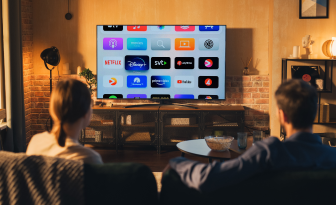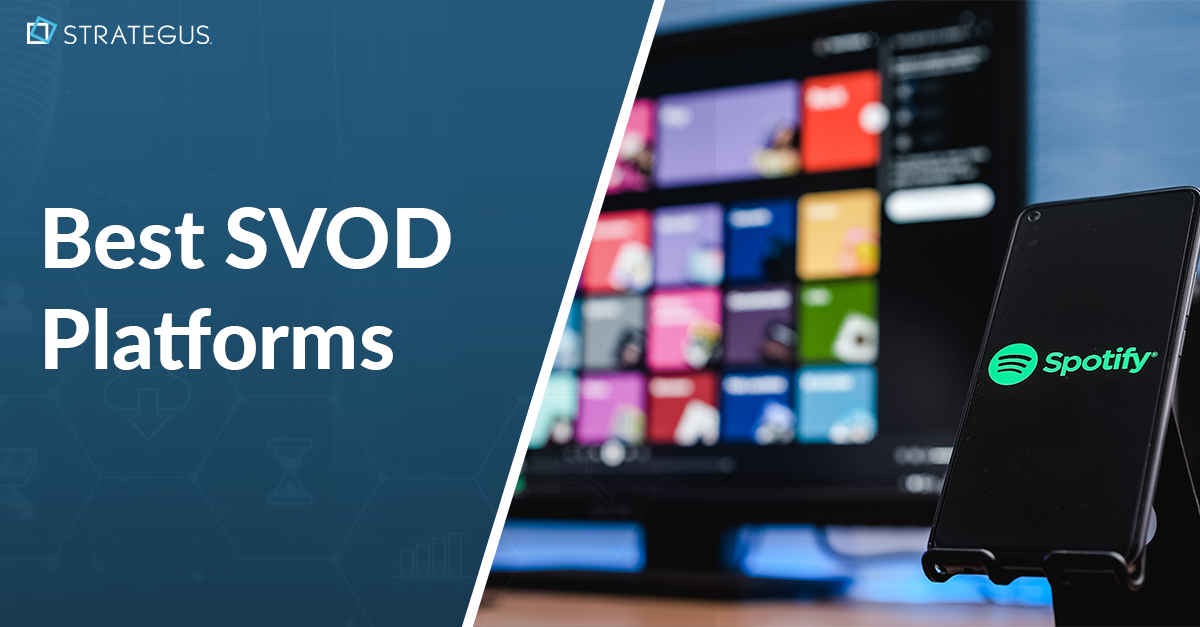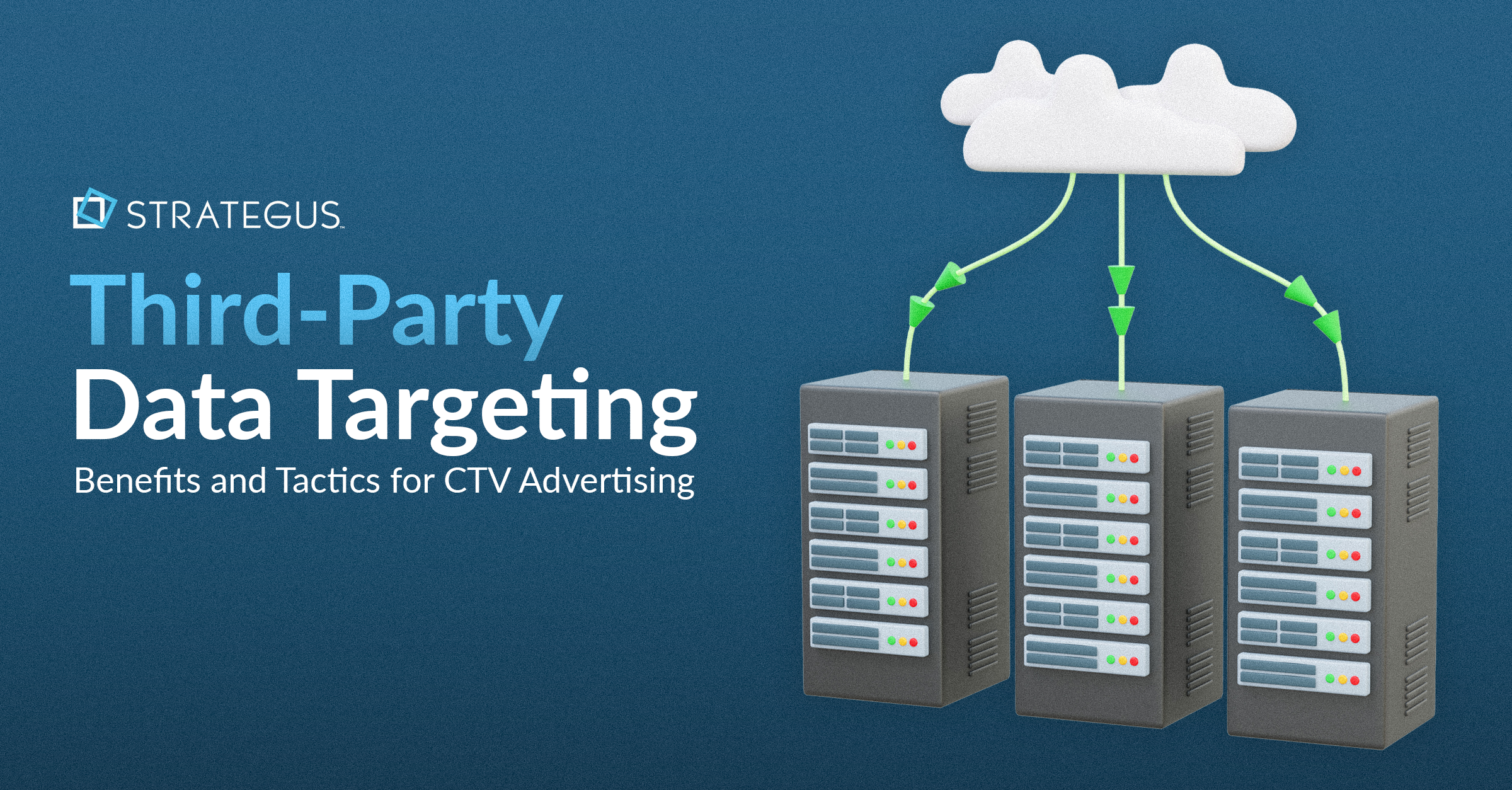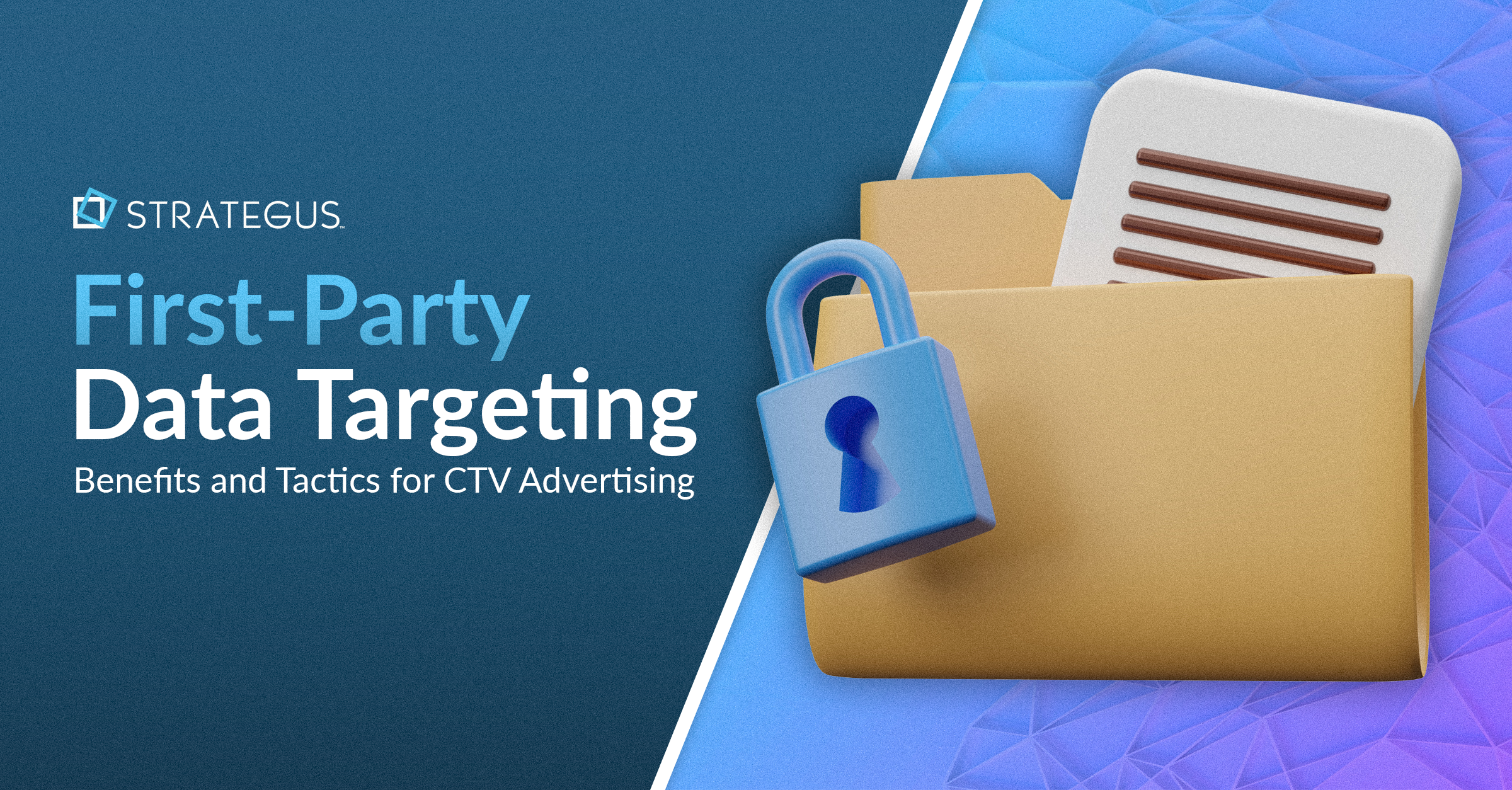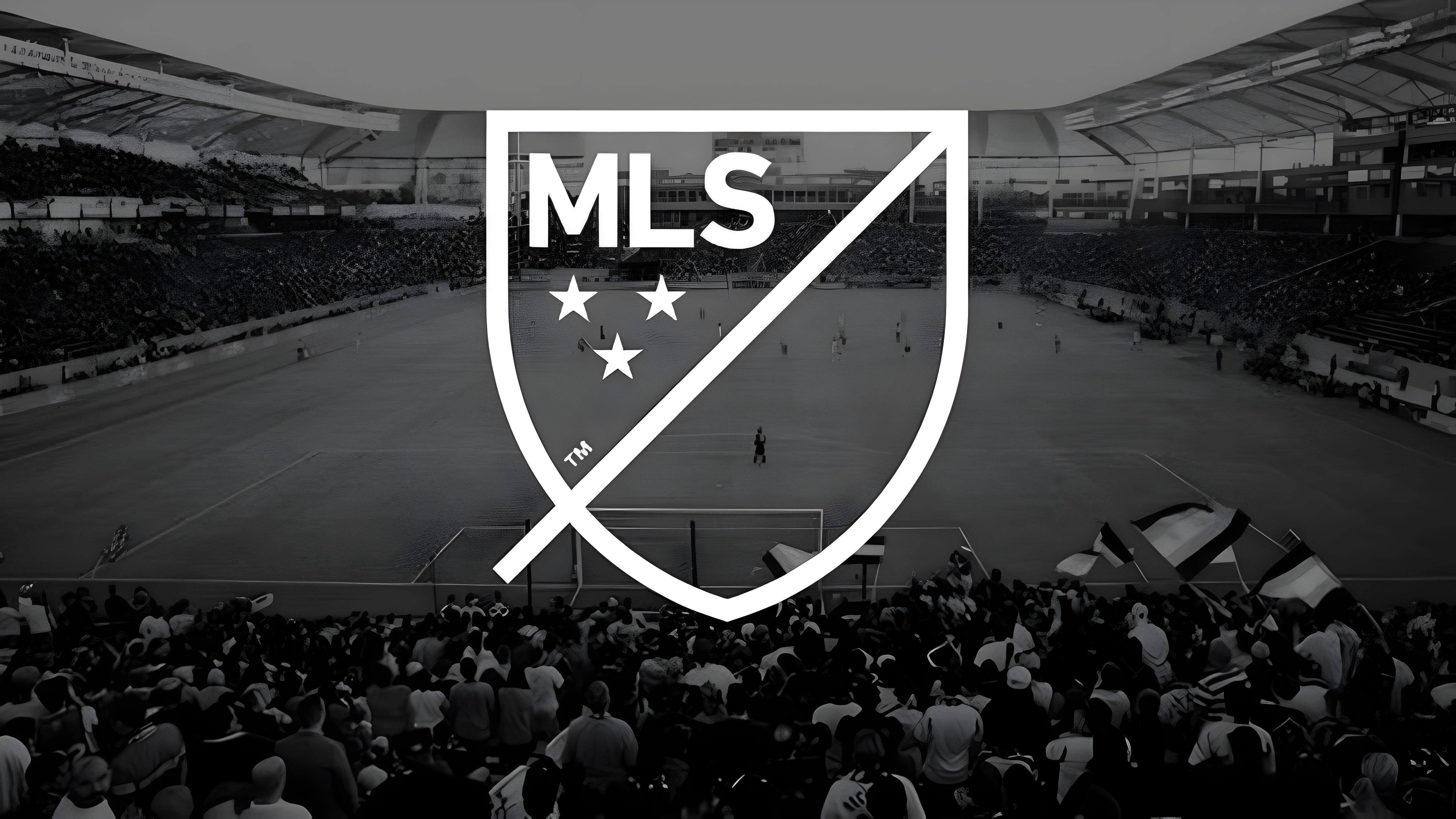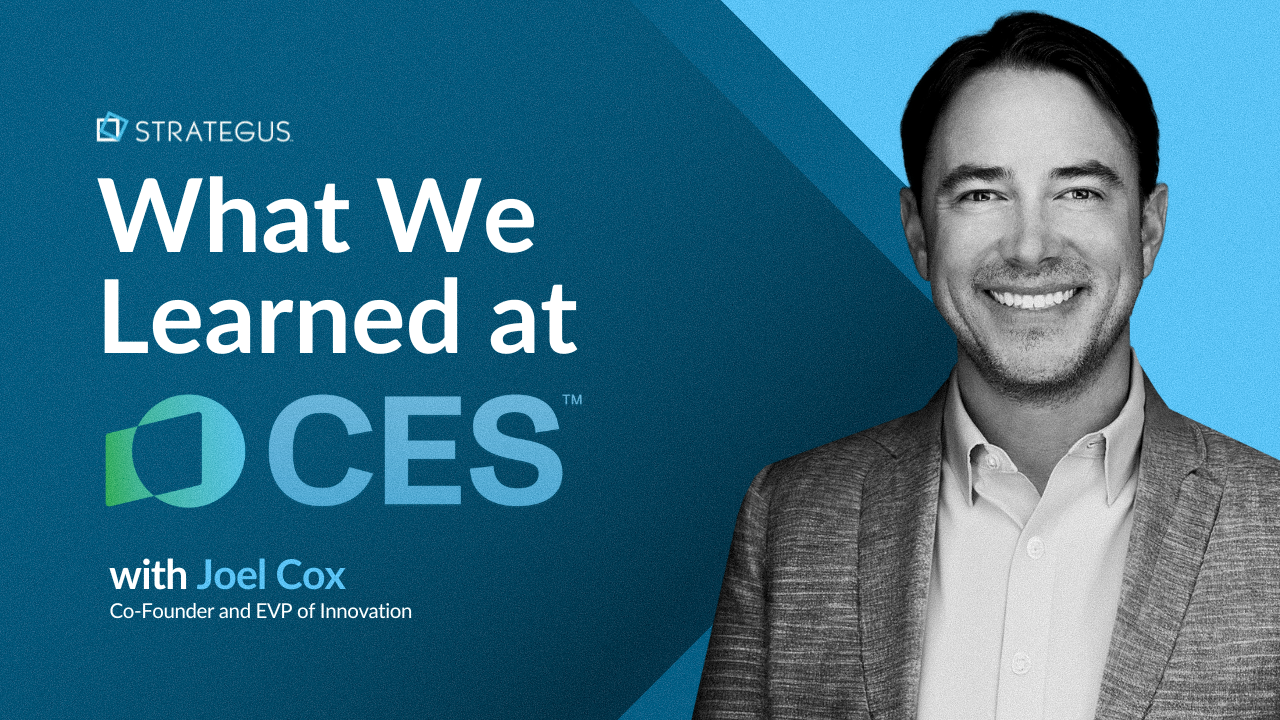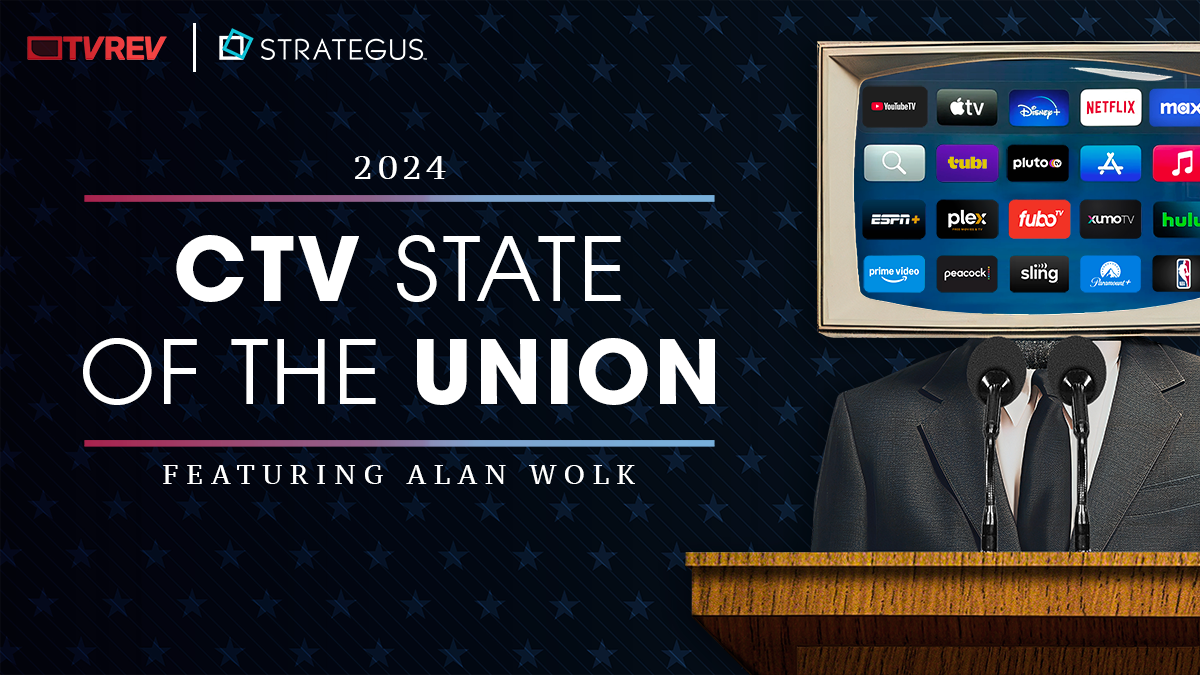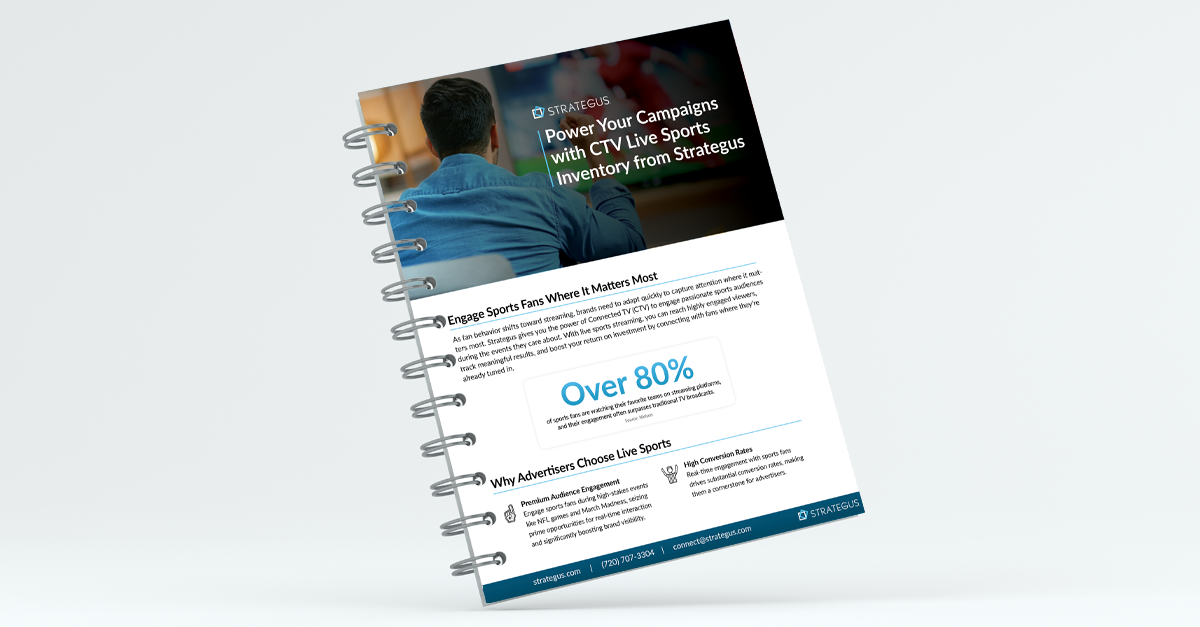- Home
- Strategus Blog
- What’s the Difference Between Omnichannel and Multichannel Marketing?
What’s the Difference Between Omnichannel and Multichannel Marketing?
 Andy Dixon
Andy Dixon
6 minutes read

This post is part of our larger “The Comprehensive Guide to Understanding Omnichannel Marketing,” click here to learn more.
What’s the Difference Between Omnichannel and Multichannel Marketing? Every marketer strives to get into the minds of consumers and positively influence their purchasing decisions. It can be difficult to meet customer expectations, let alone exceed them. Not to mention the challenge of keeping consumers and creating brand loyalists.
Most marketers know the importance of communicating with the right target audience through multiple channels. Still, many don’t know the importance of consistency in communicating brand and message throughout all channels.
You may have assumed multichannel marketing is the solution to your problem, as many marketers make the mistake of doing. The truth is, omnichannel marketing is the answer to modern-day marketing concerns. Marketers can no longer successfully reach consumers in a ‘one-size-fits-all’ or content-centric approach. Consumers crave personalized and consistent experiences from brands to entrust them with fulfilling their buyer needs.
This means there needs to be more emphasis on providing a consistent and positive customer experience throughout all channels and screens of communication that represent your brand. Enter omnichannel marketing.
The Difference Between Omnichannel and Multichannel Marketing
The difference between omnichannel and multichannel marketing may seem small at first, but it’s incredibly significant. It is the difference between working together and working independently.
John Bowden, SVP of Customer Care at Time Warner Cable, explains that “omnichannel is viewing the experience through the eyes of your customer, orchestrating the experience across all channels so that it is seamless, integrated, and consistent.” Multichannel marketing, meanwhile, works every channel separately. In simplest terms, “omnichannel is multichannel done right.”
Omnichannel vs. Multichannel: Adapting to Modern-Day Marketing
Multichannel marketing uses different channels (mobile, social media, email, TV, website, etc.) to reach consumers and enable brand engagement and sales. The idea is to keep all channels separate and operate competitively to reach goals that are unaligned with each other.
This may have made sense at first for two reasons:
- It isn’t effective to communicate the same way on all channels. This is true. However, the same message can be communicated in different ways to meet each channel’s purpose without sacrificing consistency.
- Not all consumers utilize all channels. This may be true in the simplest of ways, but statistics show more value in interconnected channels. For instance, shoppers who shop both online and in-store have a 30% higher lifetime value than those who use only one channel.
Multichannel is certainly more effective than single-channel marketing, but it is still limited.
On the other hand, omnichannel marketing takes the important concepts of multichannel marketing and optimizes it to meet (and exceed) consumer expectations. In addition to using all channels of communication to connect with consumers and facilitate purchases, omnichannel marketing integrates and aligns with all channels to keep your brand reputation and messaging consistent. The idea is to provide customers with a more unified experience.
Audience Prime distinguishes the difference between omnichannel and multichannel as:
- While multichannel is less complex and more affordable, it is also only focused on being on as many channels as possible, getting the word out, and it can result in “the customer restart[ing] the[ir] journey at each new touchpoint” when moving through different channels.
- Omnichannel puts the customer at the core focus, aims to enhance consumers’ experience, tends to understand concepts better and reduce effort, but also requires a great deal of investments and complexity.
Until recently, there was thought to be technological deficiencies that prevented omnichannel from reaching its full potential. However, Encore Omnichannel technology from Strategus solved that dilemma by combining programmatic advertising and omnichannel marketing to strategically retarget messages across a consumer’s devices after being exposed to a CTV advertisement.
What Makes Omnichannel Marketing Better?
For one, companies with an effective omnichannel marketing strategy in place can retain 89% of customers while many marketers struggle to reach their target audience, let alone keep them. Not to mention, Aberdeen Group found that companies with a strong omnichannel strategy see a “9.5% year-over-year increase in annual revenue [and] 7.5% year-over-year decrease in cost per contact.”
The biggest factors to consider when deciphering the difference between omnichannel and multichannel are customer experience and customer expectations. Your goal is to enhance consumer experience so they will be compelled to become a repeat customer (and encourage word-to-mouth advertising in the best case scenarios) while meeting consumer expectations.
It is in these two prominent areas of marketing that omnichannel crushes multichannel strategy. In fact, research shows that 69% of consumers expect consistent cross-channel customer experience and 71% of in-store shoppers use smartphones for research while shopping and believe it to be “important to their in-store experience.”
By implementing omnichannel, you will not only enhance the experience of a good majority of shoppers in your target market, you’ll also meet their expectations of consistency over multiple channels.
Future of Omnichannel vs. Multichannel
The future of multichannel marketing is omnichannel marketing. As shown in the previous statistics, consumers are moving to a more multi-tasking shopping experience. They are no longer seeking one channel to fulfill their buyer needs, but rather multiple at the same time. Consistency is vital in this transition of buyer behavior because inconsistencies can turn consumers away from your products and damage consumer experience. Embracing the potential of omnichannel marketing opens up doors for more effective marketing tactics.
The potential expands further into cross-device tracking to better understand the buyer’s journey and encourage consumers to take action. It enables the possibility of advertisers tracking, targeting, and retargeting consumers across multiple channels (including offline shopping) to develop a more customized consumer experience.
Brands are already reaping omnichannel benefits:
This concept isn’t new. In fact, brands are discovering the potential of omnichannel through targeted, consistent messaging in ongoing case studies. For instance, Net-a-Porter.
According to Omnisend, the company’s goals were to improve sales, increase brand loyalty, and create lasting customer relationships. They implemented omnichannel marketing in their strategy by integrating mobile app/social network, email marketing, and ad retargeting. Their results speak for themselves. They had revenues of more than $3 billion in that year alone, a 16.9% year-over-year growth, and order values increased more than the online giant, Amazon.
These results show significant importance in omnichannel marketing.
Learn More About the Potential of Omnichannel Marketing
Through audience insights and audience targeting, omnichannel marketing focuses on the customer’s experience with your brand rather than being everywhere without any single, unified purpose. Ditch the hassle of developing (and keeping up with) multiple disconnected channels for multiple interconnected channels that convey to the buyer clear, concise, and consistent messaging from your company. When deciding on the strategy that best fits your business, contact the experts at Strategus for more resources and insights.
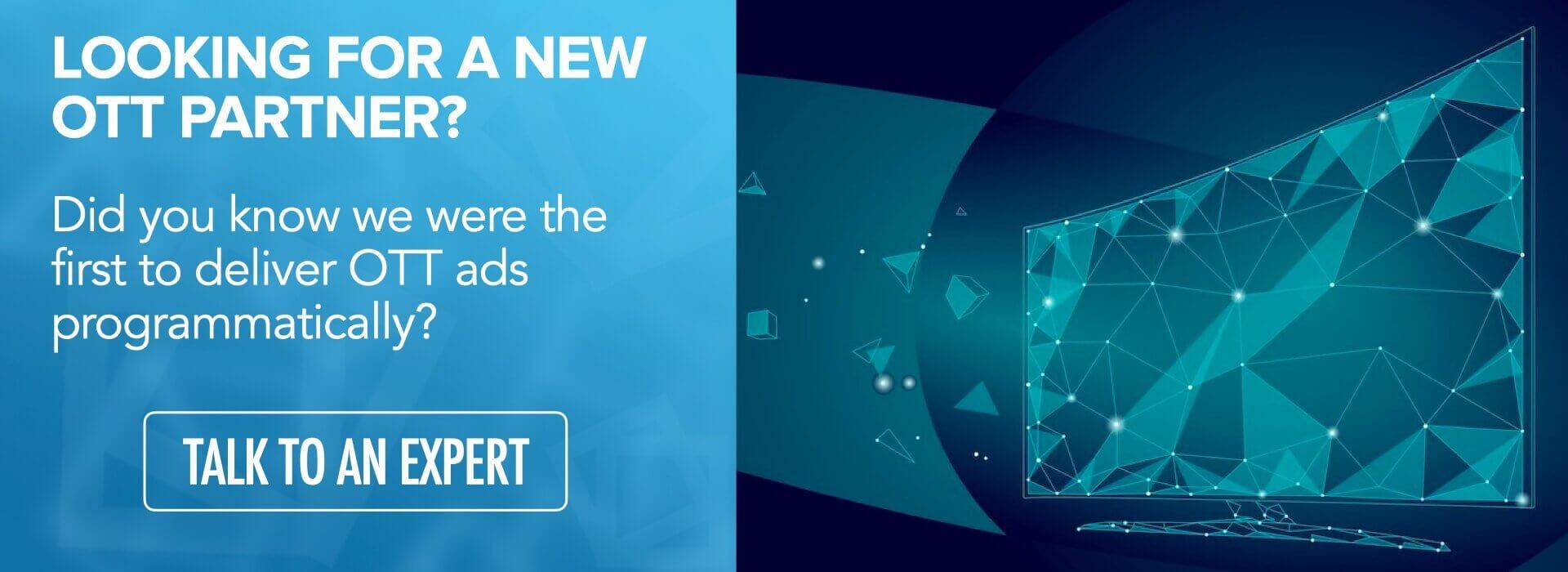

Andy Dixon is a seasoned Content Writing Specialist at Strategus, renowned for his expertise in creating engaging and impactful digital content. With over a decade of experience in content creation, Andy has honed his skills in a variety of niches, ranging from technology and marketing to education.
Strategus is a managed services connected TV(CTV) advertising agency with over 60,000+ campaigns delivered. Find out how our experts can extend your team and drive the result that matter most.
Talk to an Expert
Seeking a Custom CTV Strategy That Delivers?
What to read next
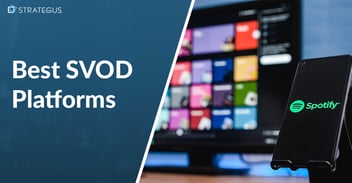
Best SVOD Platforms for Advertisers
The streaming wars have a new battlefront, and this time, it's all about your ad budget. Just a few years ago, SVOD meant "no commercials." Now, it...
12 minutes read
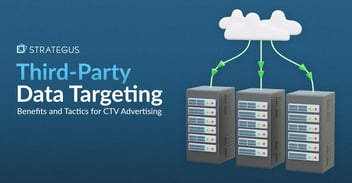
Third-Party Data Targeting for CTV: Benefits & Tactics
Third-party data. It’s a term that’s thrown around, and yet few take the time to detail its pros and cons — much less strategies for using...
7 minutes read
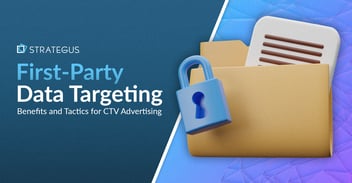
First-Party Data Targeting: Benefits and Tactics for CTV Advertising
First-party data is the information that companies collect directly from their customers rather than through intermediaries. Advertisers use this...
10 minutes read

Foot-Traffic Attribution: Tying Ad Impressions to In-Store Visits
The marketing funnel has changed. Today’s shoppers often begin researching products from the comfort of their homes and don’t set foot into a store...
8 minutes read

